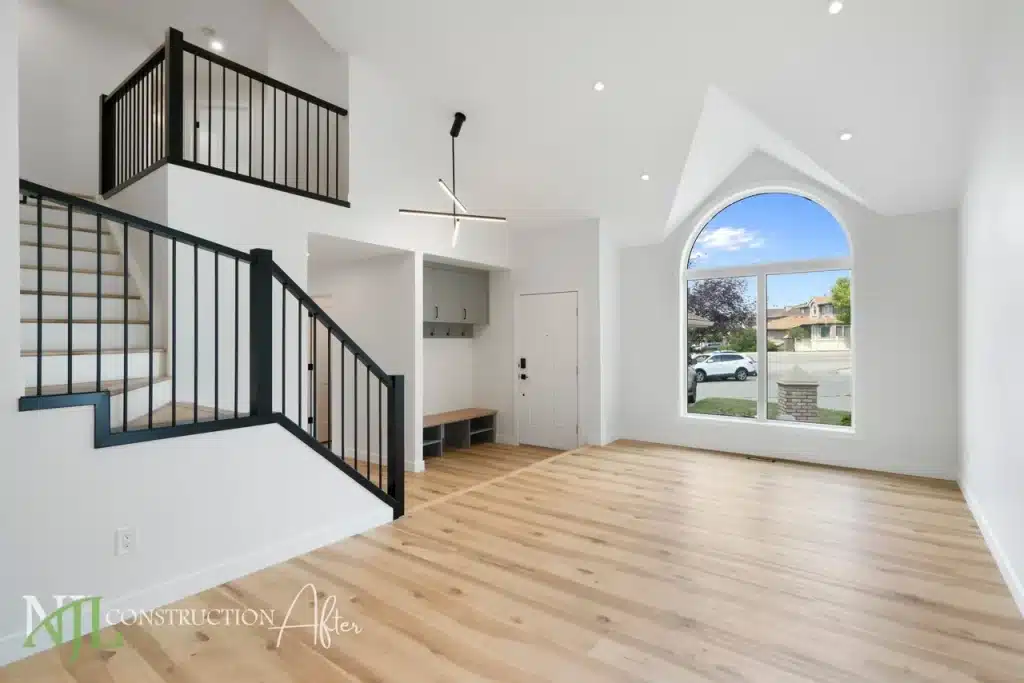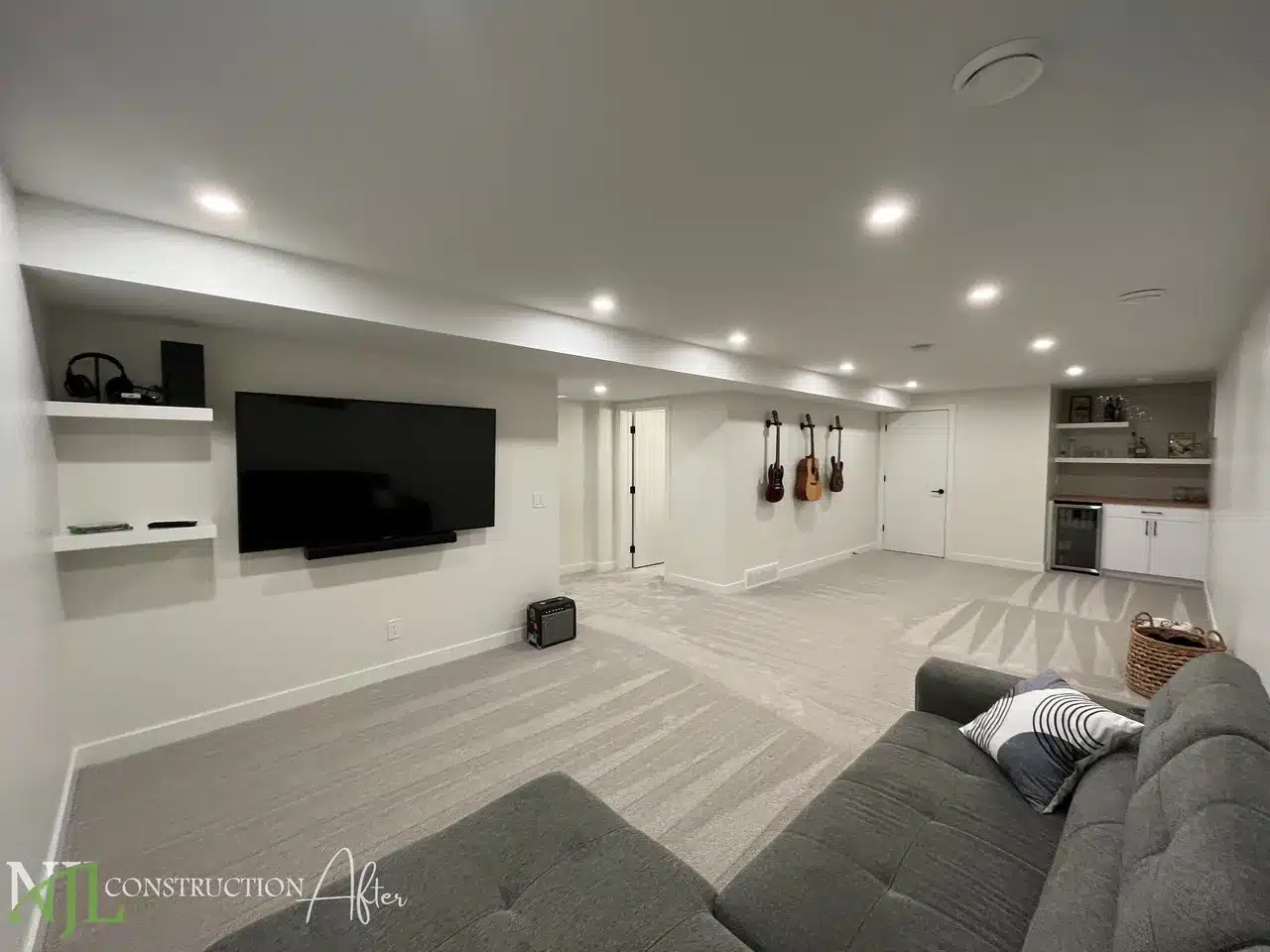
Renovation Contractor & Owner of NJL Renovations shares what you need to know before your next home renovation project.
1. Check Their Licenses
Ensure the contractor is licensed, bonded, and insured. Look for proof of these credentials through the necessary websites or authorities and verify them. NJL Renovations is based out of Alberta with licenses in various cities. See below for a few common links/tools you can use to verify such information:
Only with an Alberta Prepaid Contracting License may a Renovation or Construction Contractor accept money/deposits before all the work is done, the services are provided, or both.
2. Do Your Homework
Look for contractors with a good reputation and track record. Check online reviews, read through their website, and ask for recommendations from friends and family. Follow and look up their business social media accounts (Instagram, Facebook, etc) to see that they are current and up to date. Look up their most recent projects.
3. Face to Face Meeting
Talk to at least three different contractors to compare their expertise, communication skills, and professionalism. This will give you a better idea of who would be the best fit for your project. Request in-person meetings so the contractor can get a better feel for your project. An in-person meeting increases mutual understanding and provides a better sense of one another. You gain deeper insight into your contractor while they develop a stronger understanding of your budget and renovation requirements.
4. Get It In Writing
Request detailed written estimates from the contractors you are considering.
An estimate comes first and is a tentative calculation of the cost of the renovation project or service. Whereas, a work order is an official document that authorizes the hired company to adhere to specific details, including scope of work, materials and timelines. Essentially, an estimate is a prediction of cost, whereas a work order is an official directive for the execution of a specific job.
After thoroughly reviewing and agreeing to the estimate, the hired company will inform you about when you can expect to receive the work order.
A work order comes after an estimate is approved and the details/selections are complete and finalized. Before signing the contract, carefully review and understand all the included project details, such as the work scope, materials, timelines, terms and conditions, payment schedule, and any warranties.
5. Don’t Let Price Be Your Guide
While we understand budgets and pricing are important to clients, nothing is more important than communication and trust. So throw out that lowball offer and remember you are paying for their experience, not their time. Invest in quality because quick and cheap can be more costly in the long run. Choose a contractor who communicates effectively and is responsive to your questions and concerns. Good communication is essential for a successful project.


